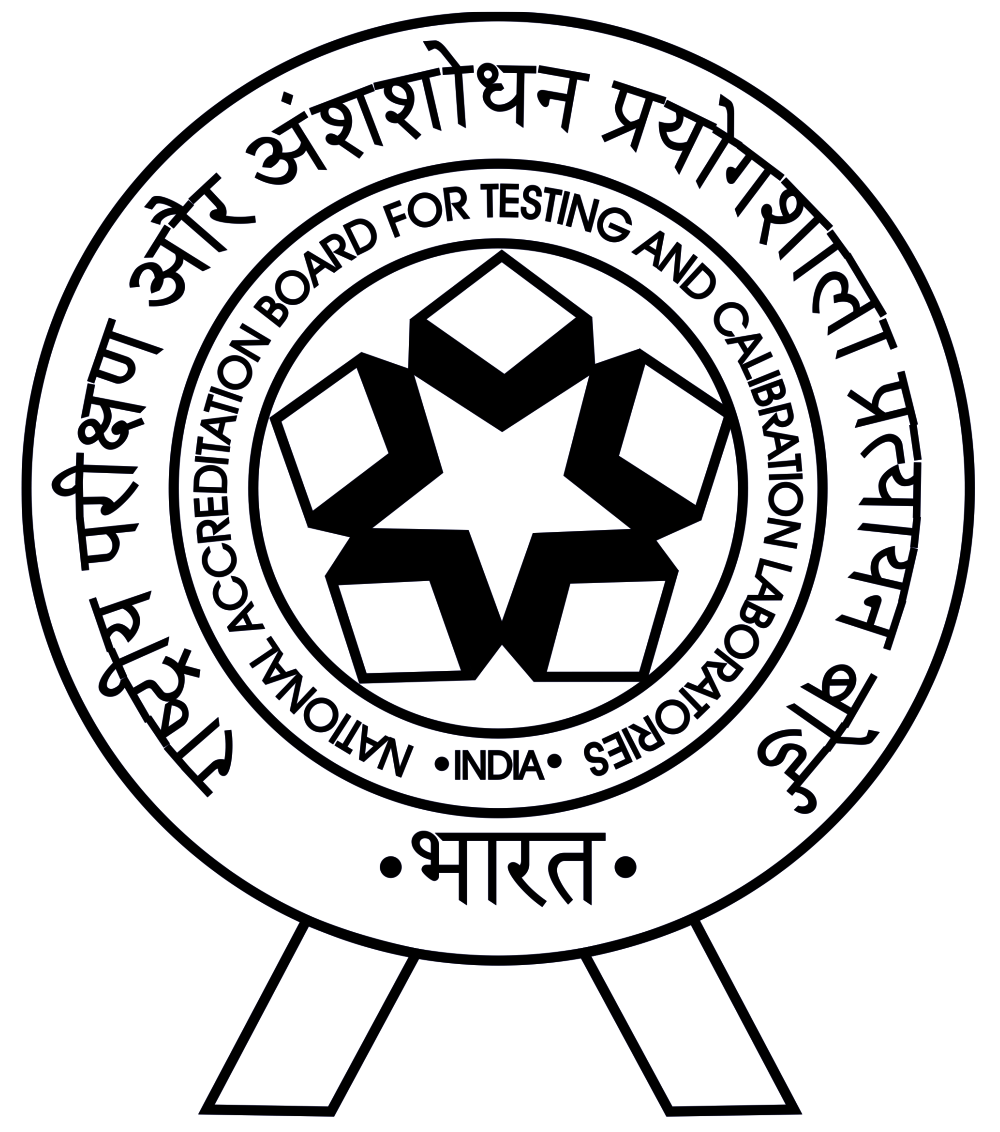
Anaesthesiology
Department of Anaesthesiology & Critical Care at ShardaCare – Healthcity
The Department of Anaesthesiology & Critical Care at ShardaCare – Healthcity is committed to delivering safe, effective, and compassionate care across all stages of treatment. Our team of expert anaesthesiologists and critical care specialists provides seamless support, from pre-operative assessments and advanced anaesthetic techniques to post-operative recovery and intensive care management.
Equipped with state-of-the-art monitoring systems and life-saving technologies, we ensure precise anaesthesia delivery, effective pain management, and high-quality care for critically ill patients in our ICUs. With round-the-clock availability and a multidisciplinary approach, our specialists focus on patient safety, innovation, and continuous learning to achieve the best possible outcomes.
At ShardaCare – Healthcity, we combine expertise, compassion, and advanced practices to provide world-class anaesthesia and critical care services tailored to every patient’s needs.
Looking for an Expert
ShardaCare - Healthcity is home to some of the eminent Doctors in the world.
Book an Appointment













